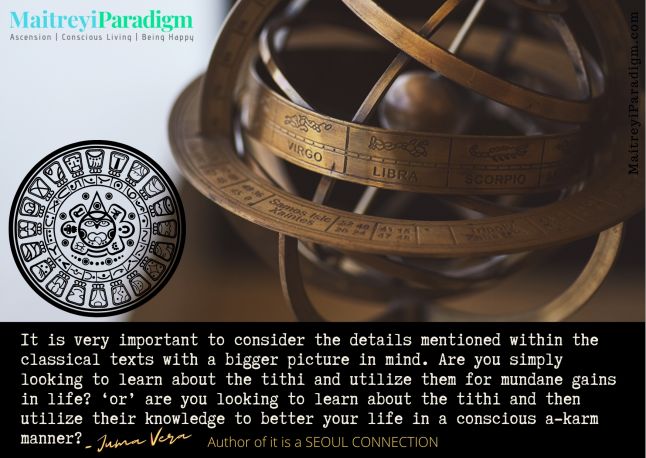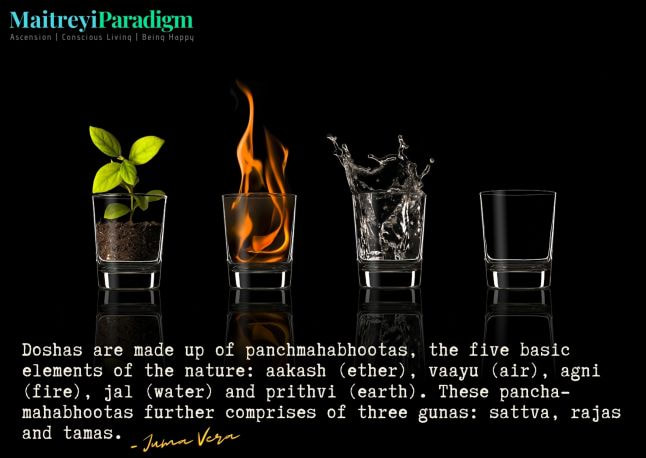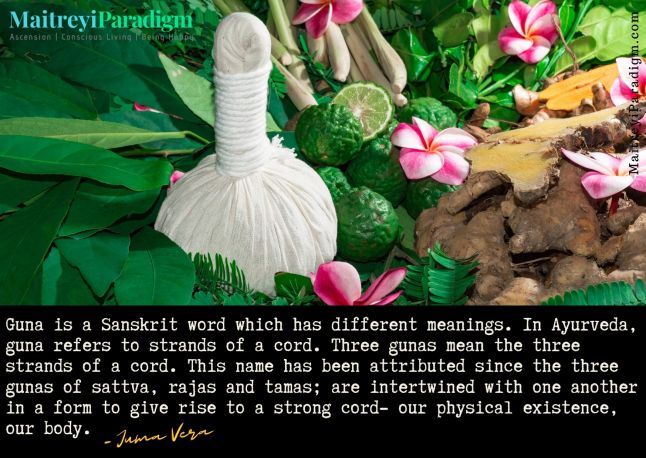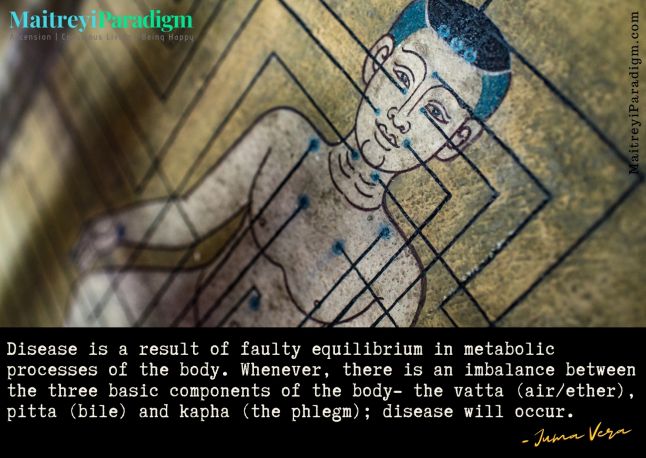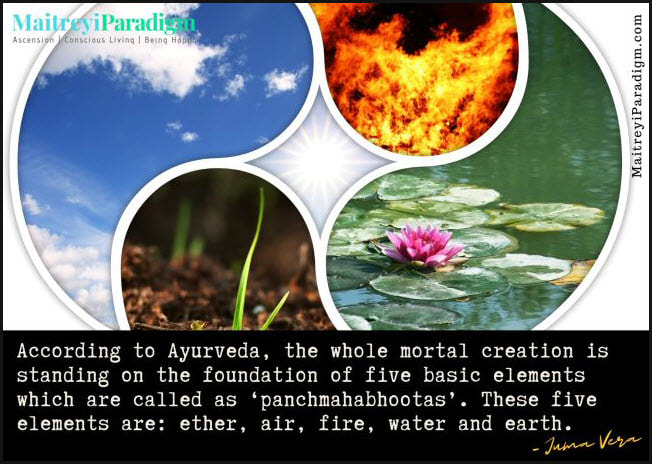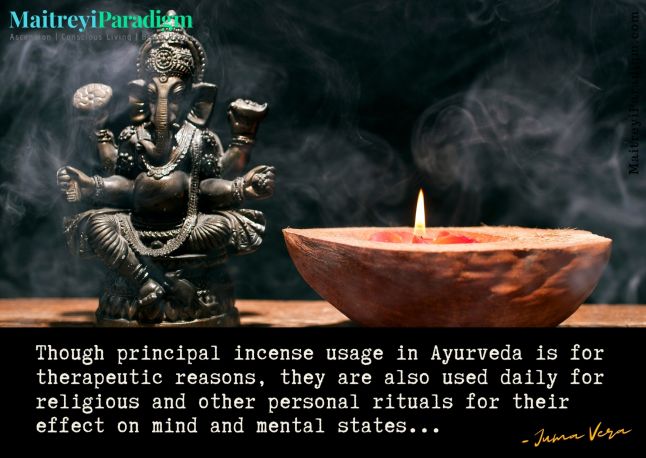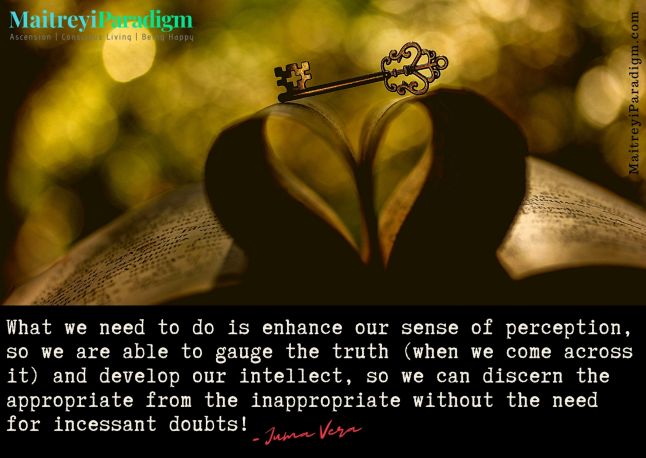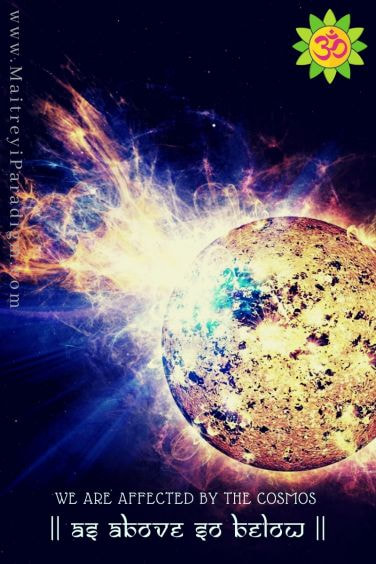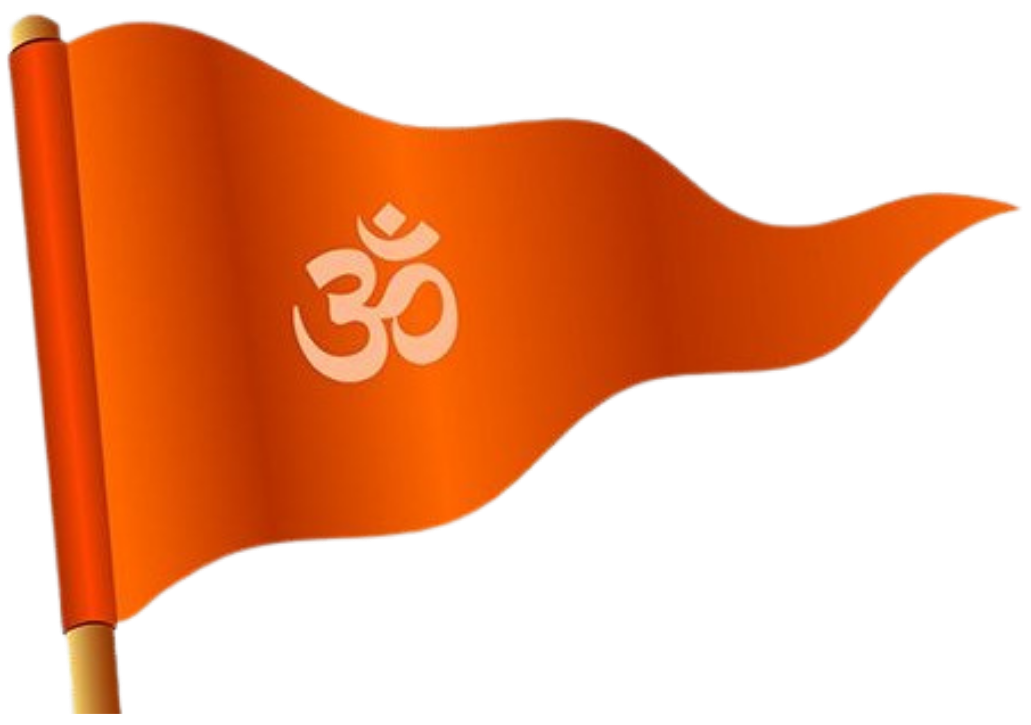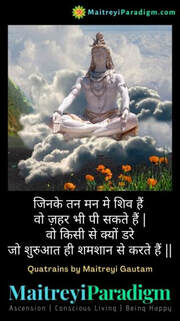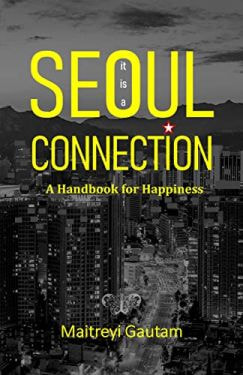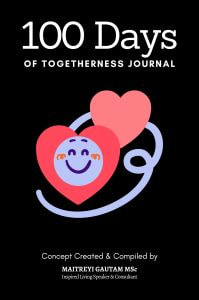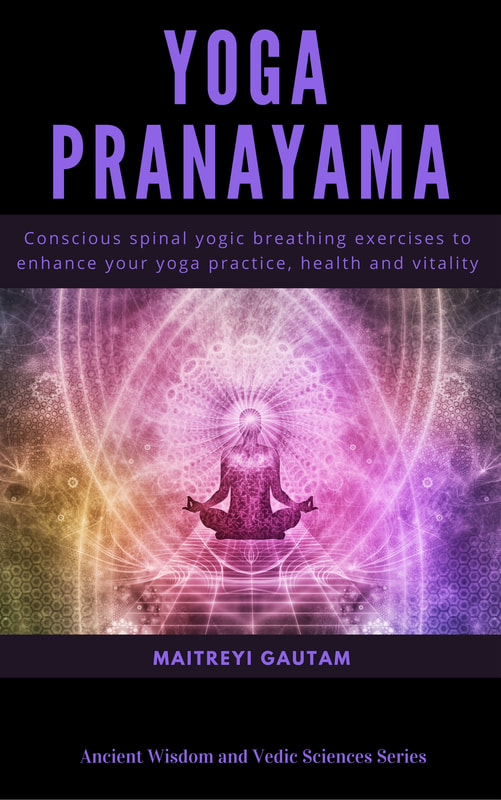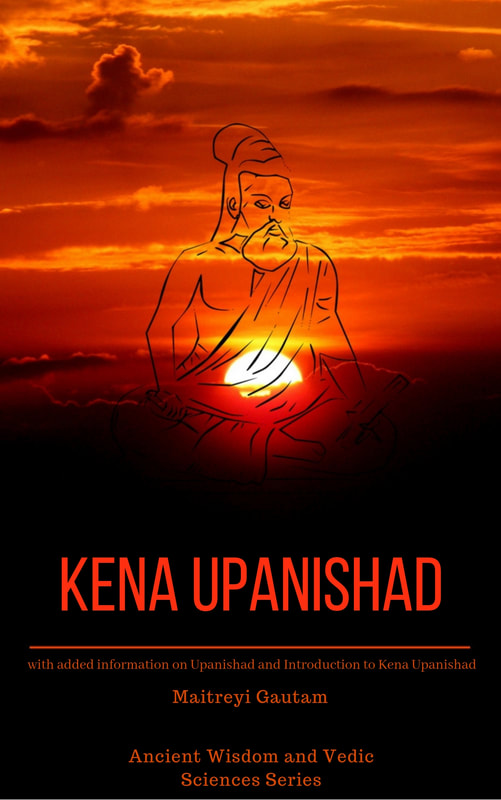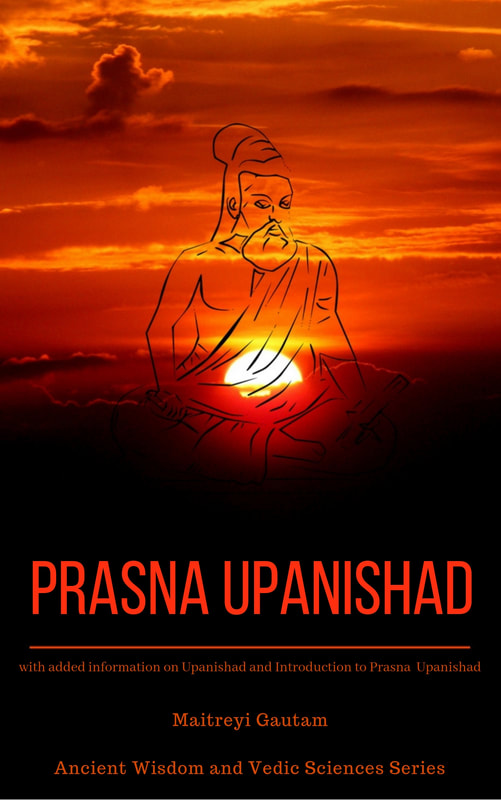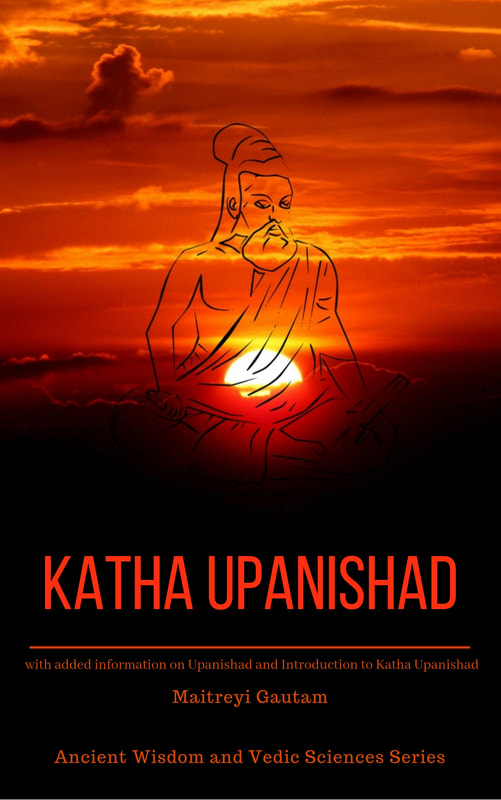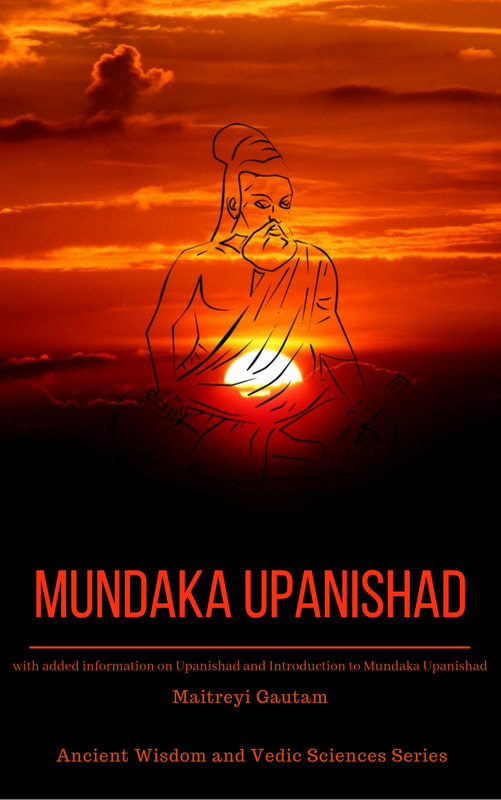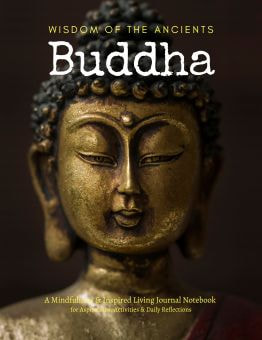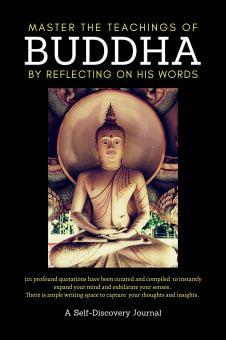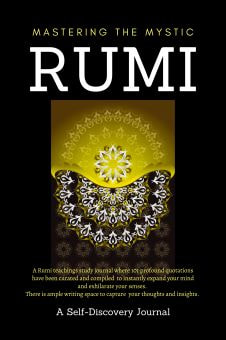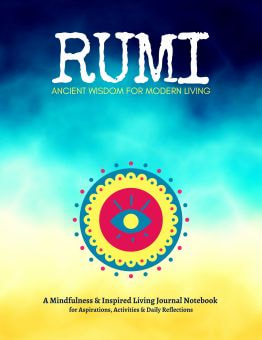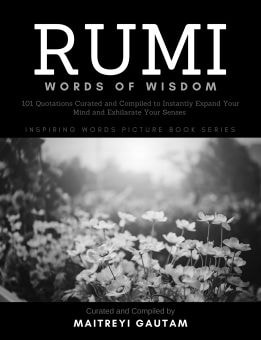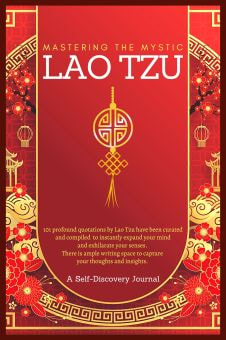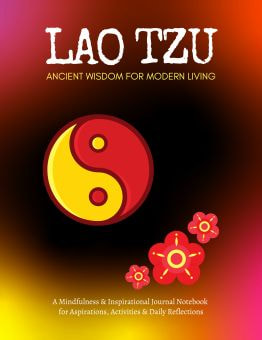The word panchang indicates that this Vedic calendar is made up of five ‘limbs’ (ang) i.e., five parts. These five parts are Vara (day), Tithi (lunar day of the month), Nakshatra (lunar constellation), Yoga (celestial combinations that indicate auspicious and inauspicious times) and Karana (which is half of a tithi). Karana indicates the time it takes for the moon to traverse six degrees in its path around the earth. Two Karana-s make up one Tithi.
The Hindus as well as others who follow the Vedic tradition, use panchang to plan their daily, weekly, and longer-term activities. It can be a useful guide for all aspects of life, from personal relationships to career goals. Depending on the time of a certain day, they can determine the best time to take important decisions and conduct crucial actions.
In addition, Panchang provides valuable information to astrologers. A good Panchang is an indispensable tool for the Vedic Astrologer (Jyotishi) which they need to refer in order to determine their predictions of key occurrences and events.
Panchang is also useful to an individual to ascertain the best time for major undertakings. It can be used to decipher the auspicious times for specific activities such as pooja (ritual-prayer), register a new business, inaugurate an importance place such as home or office and so on.
In olden days, people would traditionally start the day by reading the panchang for that day in the morning… to determine specific times for their daily activities.
In our modern context, we can utilize the power of Panchang along with a scheduling application to strategize and plan our key endeavors in a way that can benefit us to the maximum extent.
We all know the effect moon has on our body and our surroundings. Right from high tidal waves to higher blood pressure have been linked with the moon’s motion. So, by referring to the Vedic panchang, we can harness this power of daily lunar transit to time our activities in a strategic manner to increase our chance of accomplishment and success.
Read further:
- How can we benefit from utilizing Muhurta (auspicious time) when doing important activities?
- Understanding the concept of Tithi in The Vedic Calendar (Panchang)
- What is Panchak Yoga and why is it inauspicious to start worldly activities during the Panchak kaal (period or phase)?
- Utilize the "Power of Light" to achieve your goals & ambitions
| |



